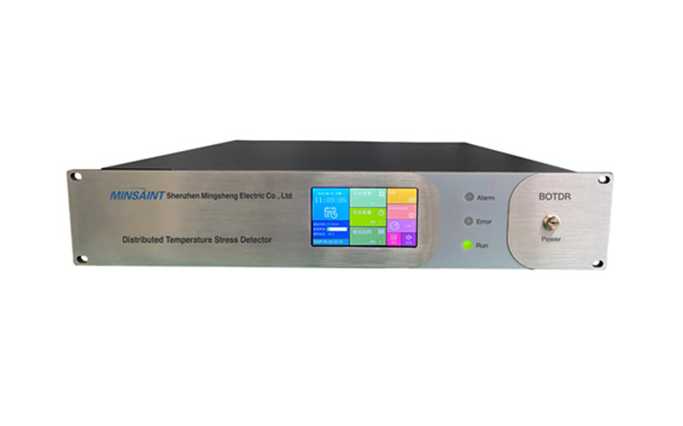Waterway transportation has long been recognized as an efficient and cost-effective means of moving goods across vast distances. With its ability to accommodate large volumes and reduce carbon emissions, it has become an increasingly popular choice for businesses worldwide. In this article, we will delve into the world of waterway transportation and explore the best products suited for this mode of transport.
- Containerized Goods:
One of the most common products suited for waterway transportation is containerized goods. Containers provide a standardized and secure method of transporting a wide range of products, including electronics, clothing, and machinery. The use of containers ensures easy handling and transfer between different modes of transportation, such as ships, trucks, and trains. - Bulk Commodities:
Waterway transportation is particularly well-suited for the movement of bulk commodities, such as coal, grain, and oil. These products are often transported in large quantities and require specialized vessels, such as bulk carriers and tankers. The economies of scale offered by waterway transportation make it an ideal choice for businesses involved in the extraction, production, and distribution of these commodities. - Heavy Machinery and Equipment:
The transportation of heavy machinery and equipment is another area where waterways excel. Ships equipped with heavy-lift cranes and specialized cargo handling capabilities can efficiently transport oversized and heavy items, such as construction machinery, wind turbine components, and oil rig modules. Waterway transportation offers the advantage of reduced wear and tear on the equipment during transit, compared to overland transportation. - Perishable Goods:
While air transportation is often preferred for perishable goods, waterway transportation can still be a viable option for certain products. Refrigerated containers, also known as reefers, allow for the transportation of perishable goods, such as fruits, vegetables, and seafood, in a controlled temperature environment. This ensures that the products remain fresh during transit, making waterway transportation a cost-effective alternative for certain perishable goods. - Hazardous Materials:
Waterway transportation also plays a crucial role in the movement of hazardous materials, such as chemicals and gases. Tankers designed to meet strict safety regulations are used to transport these products, ensuring the protection of both the cargo and the environment. Waterways provide a secure and efficient means of transporting hazardous materials over long distances, minimizing the risks associated with overland transportation.
Conclusion:
Waterway transportation offers a range of advantages for businesses looking to move goods efficiently and sustainably. From containerized goods to bulk commodities, heavy machinery to perishable goods, and hazardous materials, there is a wide array of products that are best suited for waterway transportation. By leveraging the strengths of this mode of transport, businesses can optimize their supply chains, reduce costs, and contribute to a greener future.






